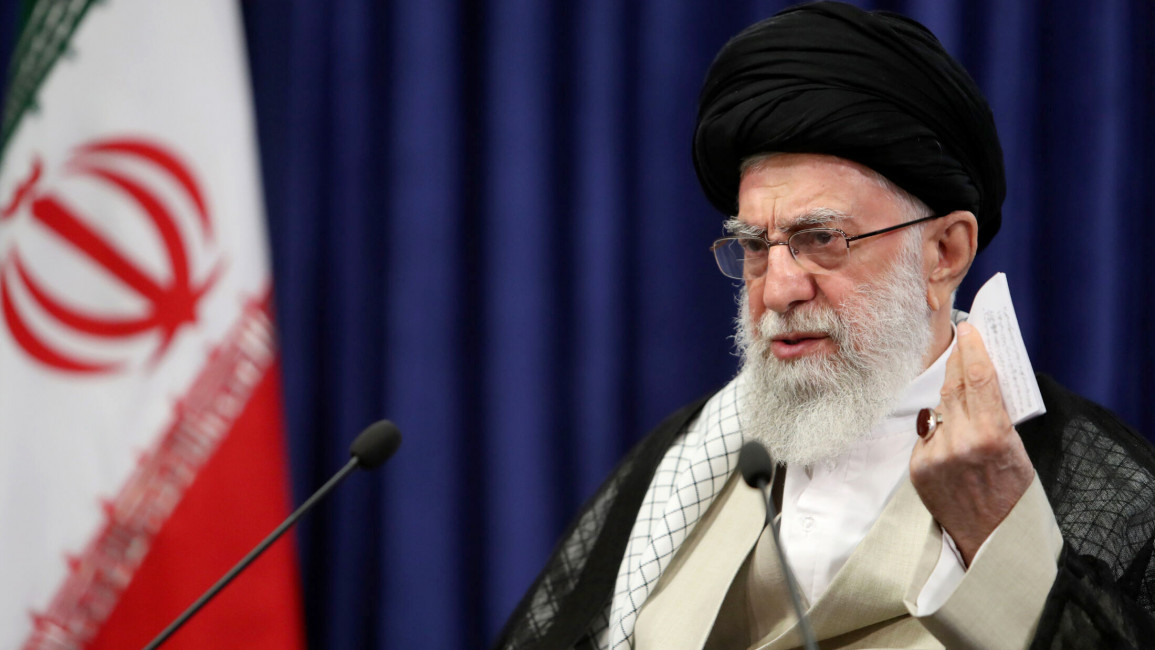Candidates barred from running in Iran presidential elections were 'wronged': Supreme leader
Candidates who were disqualified from running in Iran's presidential election may have been "wronged" by the unelected body tasked with vetting them, Iran's supreme leader has said.
The tweet by Ayatollah Ali Khamenei reveals unusual tension between the country's highest political authority and the 12-member Guardian council of jurists and senior Islamic scholars directly appointed by him.
''In the vetting process some candidates were wronged. They were accused of untrue things that were unfortunately spread through the internet too. Protecting people's honour is one of the most important issues,'' Khamenei wrote on Friday.
Former parliamentary speaker Ali Larijani, a moderate conservative, was the highest-profile candidate barred from running.
Reports circulating online alleged it was due to his daughter's foreign ties, while his brother Sadegh Larijani, a member of the Guardian Council, claimed it was because of false information received by the intelligence services.
Khamenei raised hopes that council's decision would be reviewed in his tweet, which said: ''I call on the responsible bodies to restore their [the candidates'] honour."
A spokesman for the Guardian Council soon responded, heeding the supreme leader's call:
''The orders of the Supreme Leader are final and his ruling must be obeyed. The Guardian Council will soon announce its opinion, acknowledging that it is not immune to error,'' Abbas Ali Kadkhodaei tweeted.
But in a later statement on the Guardian Council's official website, claims that their decisions was influenced by rumours against candidates were strongly rebuffed, dashing hopes of Larijani's return into the race.
Some Iranians interpreted Khamenei's criticism of the conservative body, which is subject to his authority, as an attempt to project an image of its independence amid waning public confidence in the electoral process. Voter turnout is expected to be well below 40%.
Khamenei has urged voters to take part in the presidential polls, warning that abstention would be tantamount to doing the work of the ''enemies of Islam''.
Seven candidates were whittled down from a list of 600 late last month. A showdown between Larijani and Ebrahim Raisi, the ultraconservative head of the judiciary, had been widely anticipated before the former’s disqualification.
No more than two reformist candidates are running, both lacking a strong support base, up against five ultra-conservative figures.



